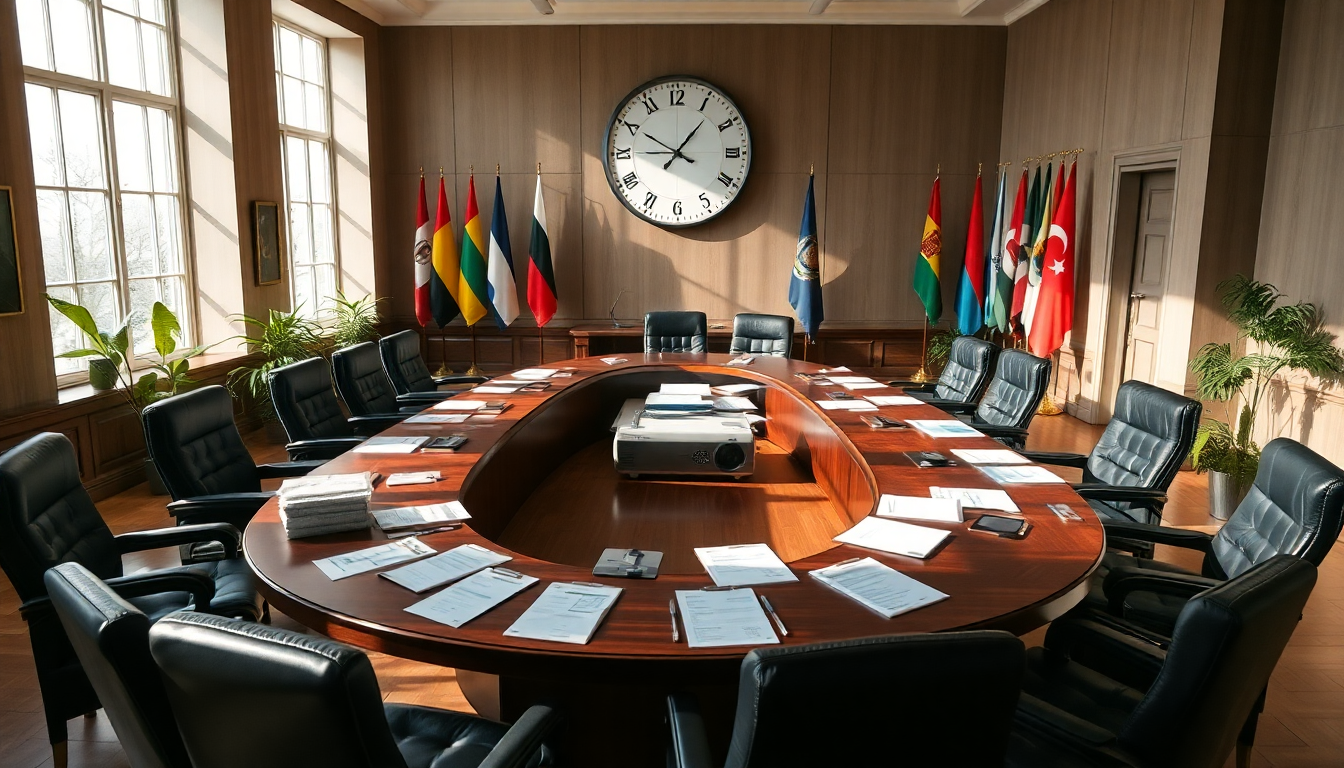Table of Contents
As diplomatic efforts unfold, Iran’s nuclear negotiations are at the forefront of global concern. Recent remarks from Iranian officials shed light on the intricate nature of these talks. While there’s been some progress, a final agreement remains out of reach. The return of International Atomic Energy Agency (IAEA) inspectors is a pivotal development, but it doesn’t mean that cooperation between Iran and the UN nuclear watchdog has been fully restored.
The Current State of Negotiations
Iranian Foreign Minister Abbas Araghchi has pointed out that discussions are still very much alive, although a solid framework for renewed cooperation with the IAEA has yet to be established. The Supreme National Security Council has permitted inspectors to enter Iran, creating a cautious environment for dialogue. Araghchi stressed the importance of having these inspectors oversee the changing of fuel at the Bushehr nuclear reactor, which shows Iran’s recognition of the IAEA’s role in this process.
It’s essential to understand the context behind these negotiations. After a twelve-day conflict with Israel in June, Iran halted its cooperation with the IAEA. Tehran felt that the agency had failed to condemn Israeli attacks on its nuclear facilities. While the Bushehr reactor was not directly targeted, the surrounding tensions highlight the sensitive nature of Iran’s nuclear ambitions.
Regional and International Implications
The return of IAEA inspectors coincides with Iran’s efforts to engage with key European players—specifically the United Kingdom, France, and Germany—in a bid to prevent the re-imposition of sanctions linked to the 2015 Joint Comprehensive Plan of Action (JCPOA). European nations have made it clear that they are ready to reinstate sanctions if Iran fails to comply with prior agreements, leaving a shadow of uncertainty over these discussions.
Iran’s Ministry of Foreign Affairs has issued a stern warning to these powers, stating that any move to reimpose sanctions would have serious repercussions. This reflects Tehran’s commitment to safeguarding its national interests. The ongoing talks mark the second round of negotiations since the June conflict, which also disrupted Iran’s diplomatic efforts with the United States.
Future Outlook and Potential Challenges
As we look ahead, the chances for a successful resolution remain uncertain. IAEA chief Rafael Grossi has acknowledged the complexities involved, pointing to the diverse nature of Iran’s facilities and the need for practical arrangements to resume inspections. These discussions are crucial not just for nuclear compliance but also for regional stability and international diplomatic relationships.
Moreover, Israel’s military actions aimed at limiting Iran’s nuclear capabilities add another layer of complexity to this delicate situation. Tehran maintains that its nuclear program is strictly for civilian purposes, including energy production, but skepticism persists in the international community. The outcomes of these negotiations will have significant implications, not just for Iran, but for global security dynamics and the future of nuclear non-proliferation efforts. Are we prepared for what’s next in this high-stakes game? Only time will tell.


